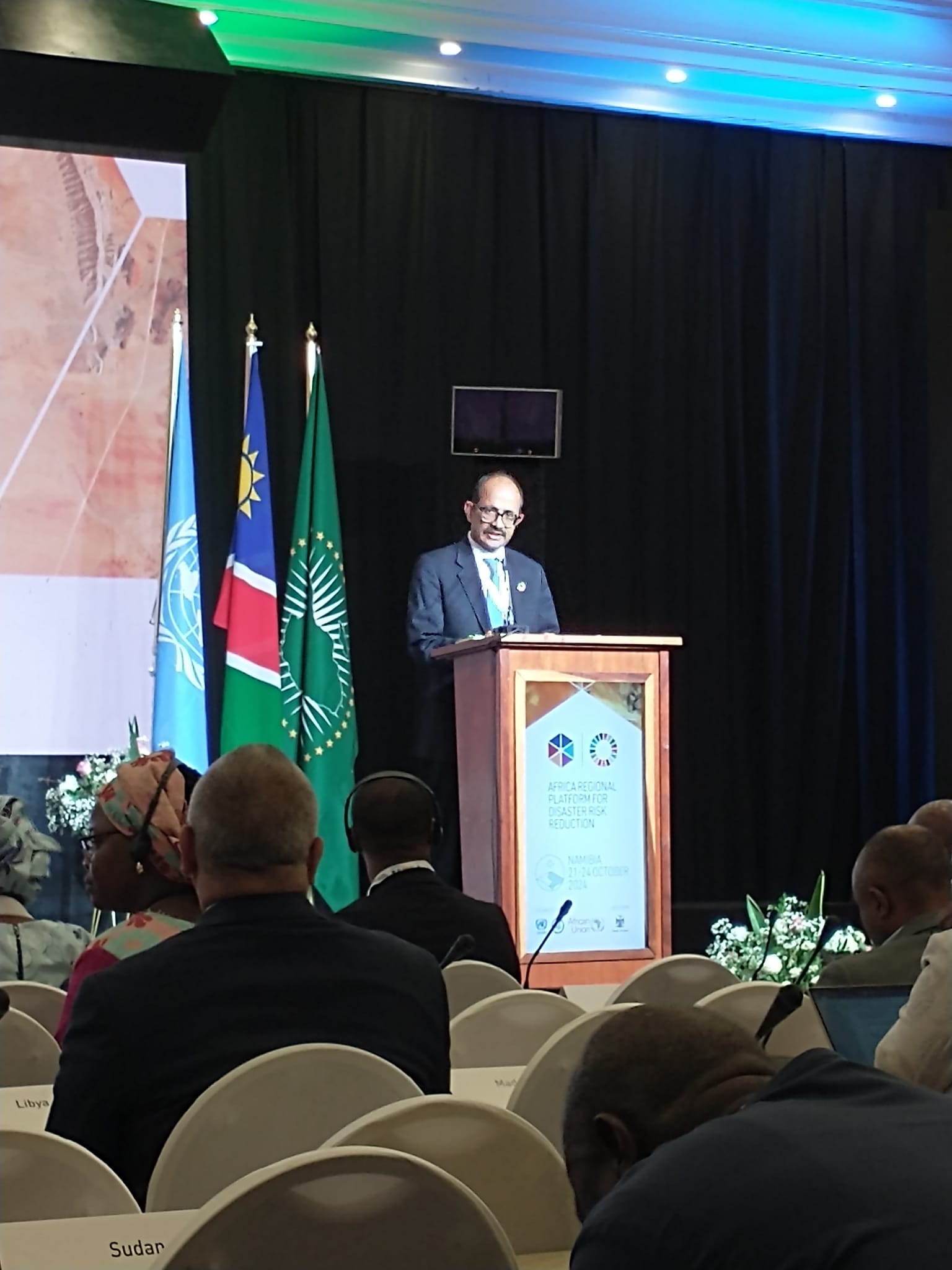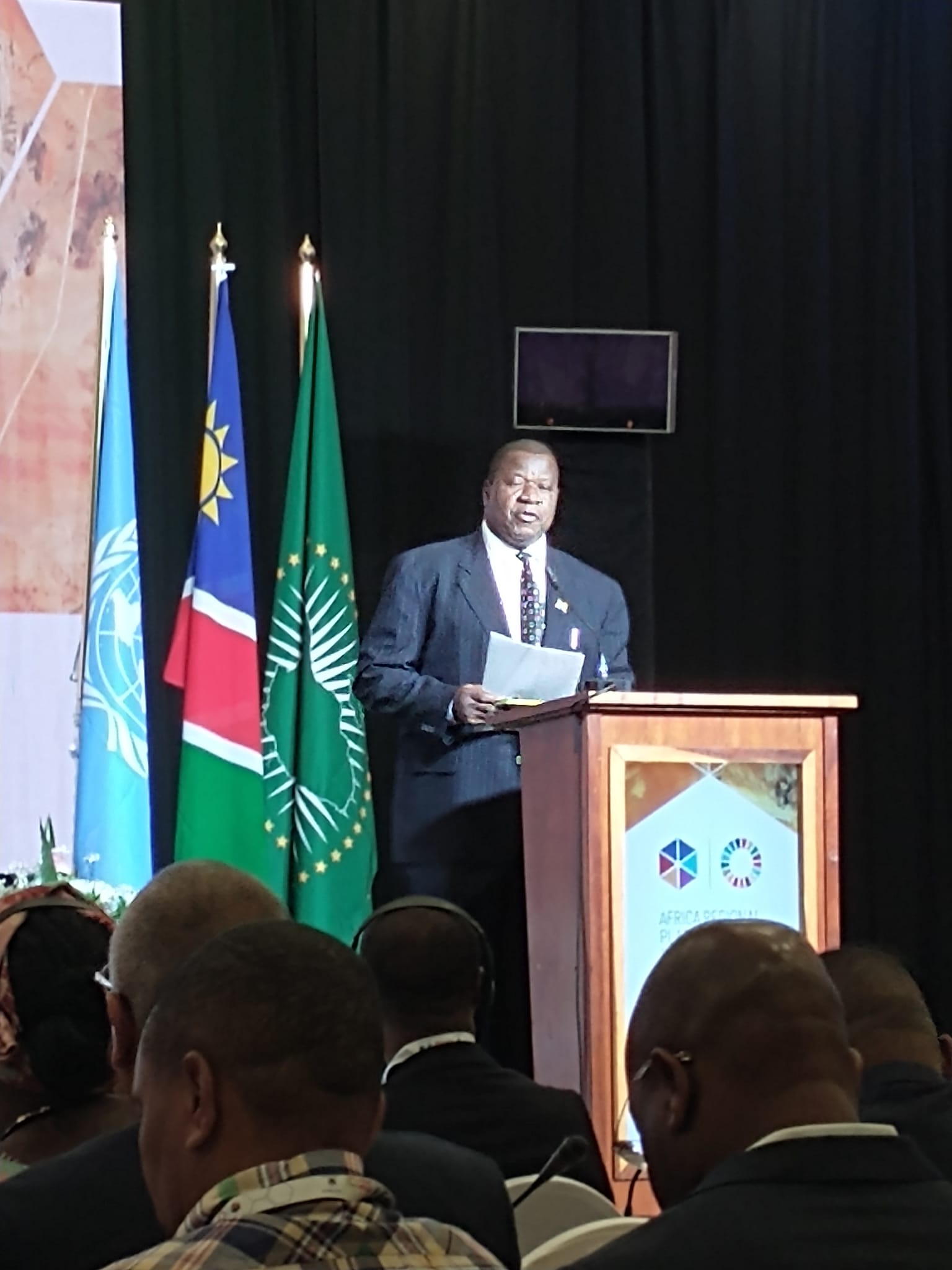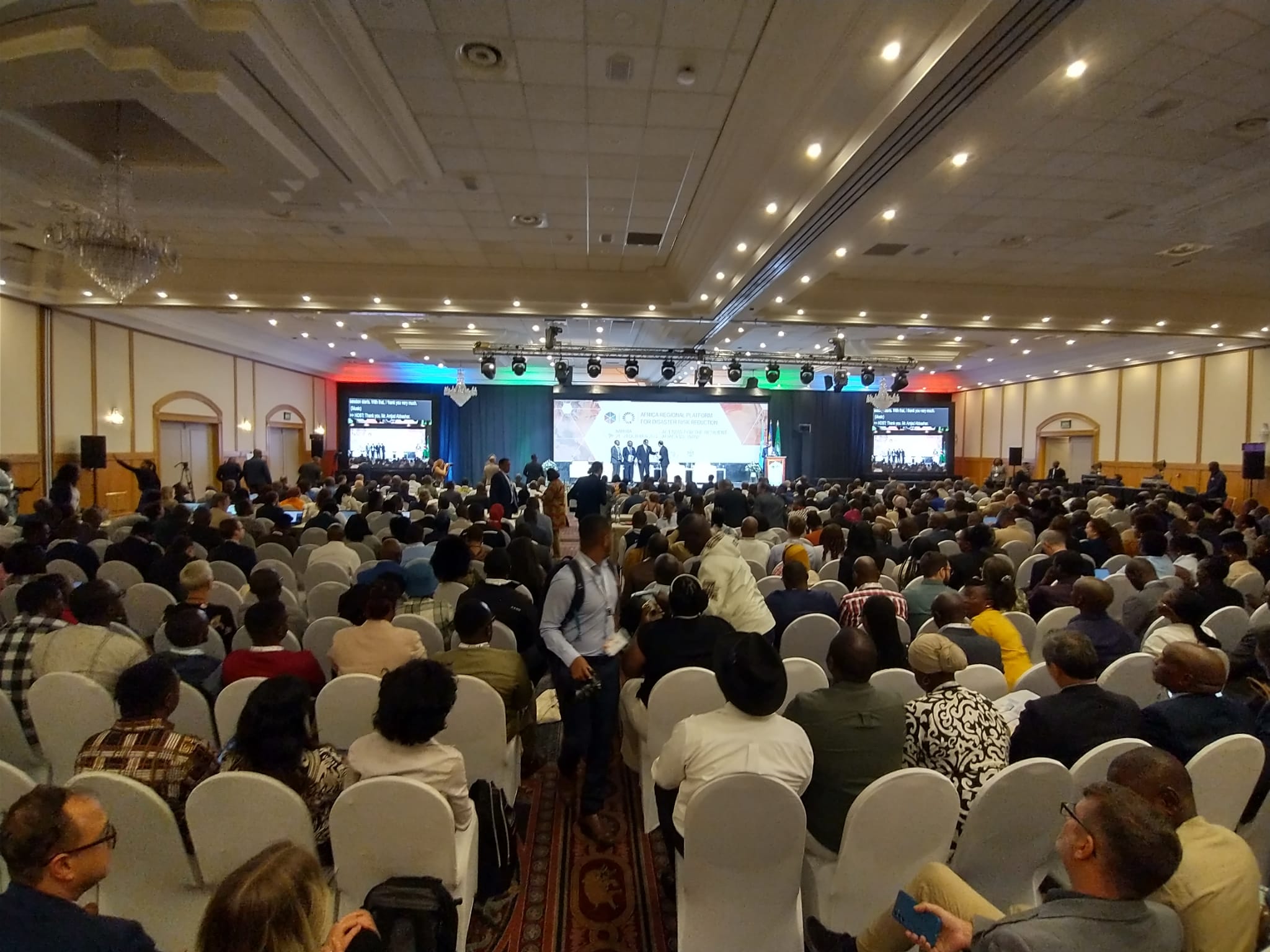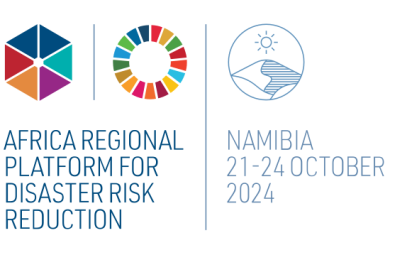From 22nd to 24th October, more than 700 stakeholders involved in disaster risk reduction in Africa are gathering in Windhoek, Namibia, under the umbrella of the 9th Africa Regional Platform for Disaster Risk Reduction, to discuss how best to advance efforts to achieve the seven goals of the Sendai Framework for Disaster Risk Reduction 2015-2030.
During these three days, representatives from national disaster management and other government agencies, international and regional organisations, as well as experts from the private sector, NGOs and academia, will discuss and agree on ways to accelerate the implementation of the Sendai Framework, as well as other international agendas, including the 2030 Agenda for Sustainable Development and Agenda 2063: The Africa We Want.
This 9th session is hosted by the Government of Namibia and organised by the United Nations Office for Disaster Risk Reduction (UNDRR) and the African Union Commission (AUC), in collaboration with the Southern African Development Community (SADC).

In his opening remarks, the Special Representative of the United Nations Secretary General (SRSG) for Disaster Risk Reduction (DRR) reiterated the need to implement DRR efforts to confront the challenges posed by natural hazards, some of which are exacerbated by climate change. The SRSG noted that, unfortunately, up to nine percent of the national Gross Domestic Product (GDP) of African countries is spent on disaster response efforts, undermining efforts to achieve sustainable development. However, he also affirmed that many African countries have implemented DRR strategies and policies to guide efforts to achieve sustainable development.
In his remarks, the high-ranking representative of SADC reminded participants of the need to implement efforts to achieve the 2030 Agenda, the 2030 Agenda for Sustainable Development and Agenda 2063: The Africa We Want.
The Director for Blue Economy at the African Union Commission noted that Africa faces many challenges that unfortunately undermine efforts to achieve these global agendas. He said Africa still faces many development challenges, including limited access to drinking water and sanitation, health services, electricity and transport, among others. He noted that the AUC is implementing continental strategies in sectors such as health, education, food security and access to electricity. He mentioned other strategies being implemented, including one on climate change and resilient development, and another on climate and meteorology. The AUC is also establishing a Civil Protection Unit to support African countries in their efforts and is strengthening national meteorological institutes across the continent by providing meteorological equipment.

The Deputy Prime Minister of Namibia welcomed all participants to the 9th meeting of the African Platform for DRR, noting that this meeting will allow participants to share experiences and discuss and agree on ways to strengthen the implementation of the Sendai Framework. He informed participants that the Government of Namibia is establishing a National Emergency Operations Centre and conducts annual vulnerability assessments to inform response and recovery efforts and policy decisions. He noted that Namibia, like other African countries, faces serious challenges from natural hazards and climate change. He noted that Southern Africa is currently facing a severe, multi-year drought that is affecting the lives and livelihoods of many people. He noted that 1.26 million people in Namibia have been affected by the drought, forcing the government to declare a state of emergency in May 2024 and implement a national drought relief programme. He noted that the government has budgeted 1.6 billion Namibian dollars to assist those affected. He said Namibia is developing a National Resilience Strategy to protect the lives and livelihoods of vulnerable communities.

The Deputy Prime Minister stressed the need to identify ways to strengthen the resilience of African countries to hazards and climate change, and said the Windhoek Declaration that will emerge from this session will feed into the Global Platform for DRR meeting to be held in Geneva in May 2025.
Experts from UN-SPIDER and ZFL are participating in this session of the African Platform for DRR to raise awareness of the opportunities provided by the space community to contribute to a better understanding of risks and to generate policy-relevant information to support sustainable development efforts in Africa. UN-SPIDER and ZFL will meet with heads and representatives of national disaster management agencies and other stakeholders attending this session.

